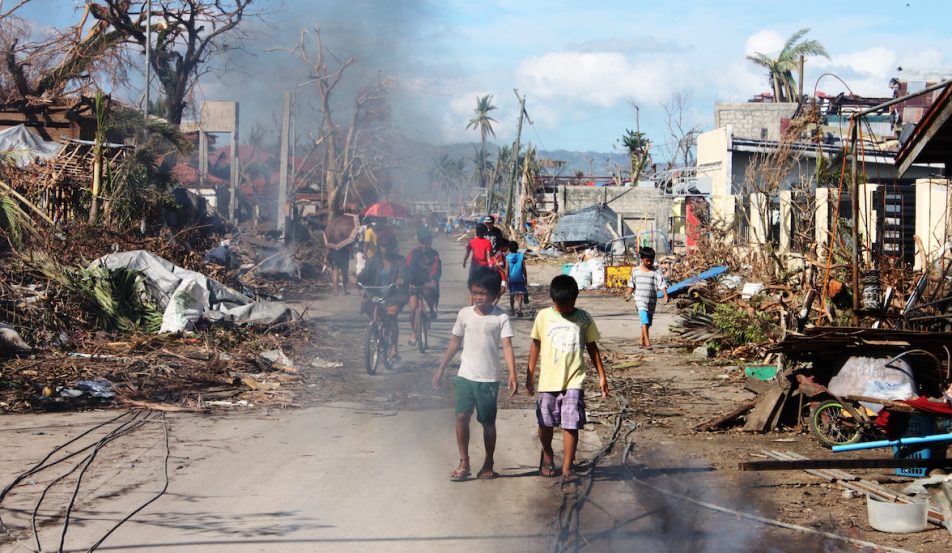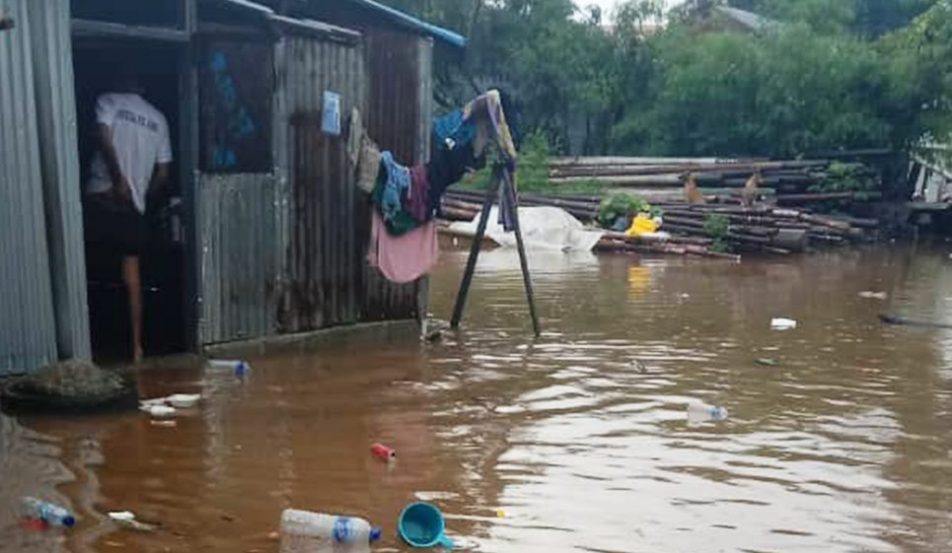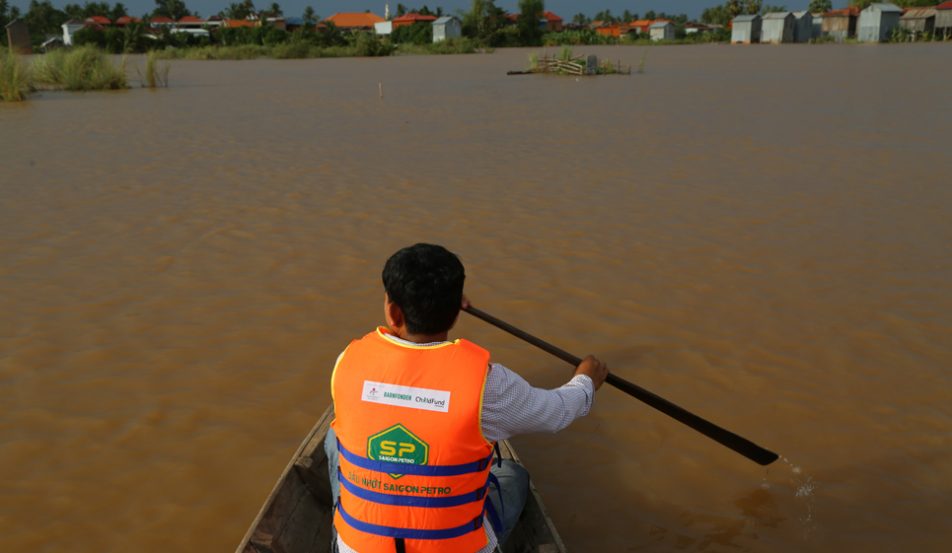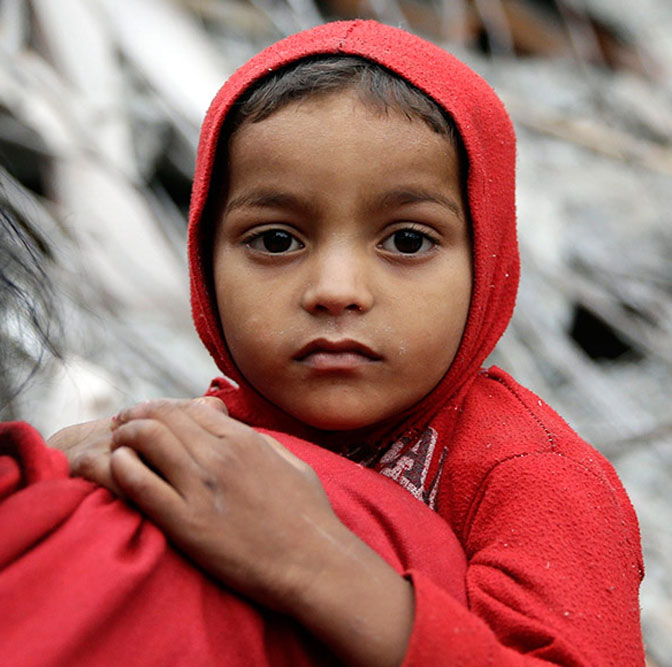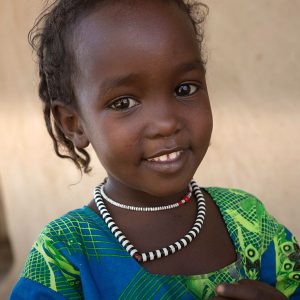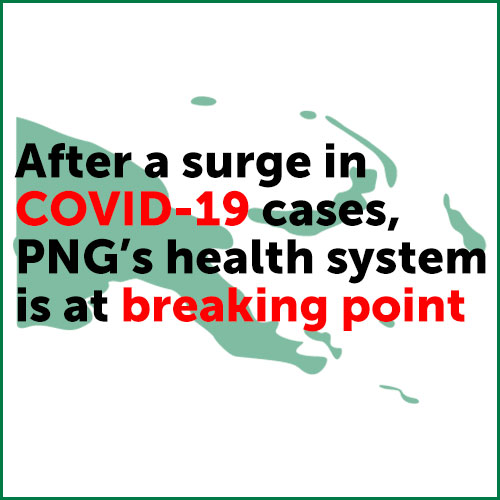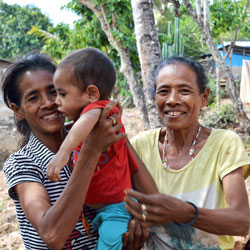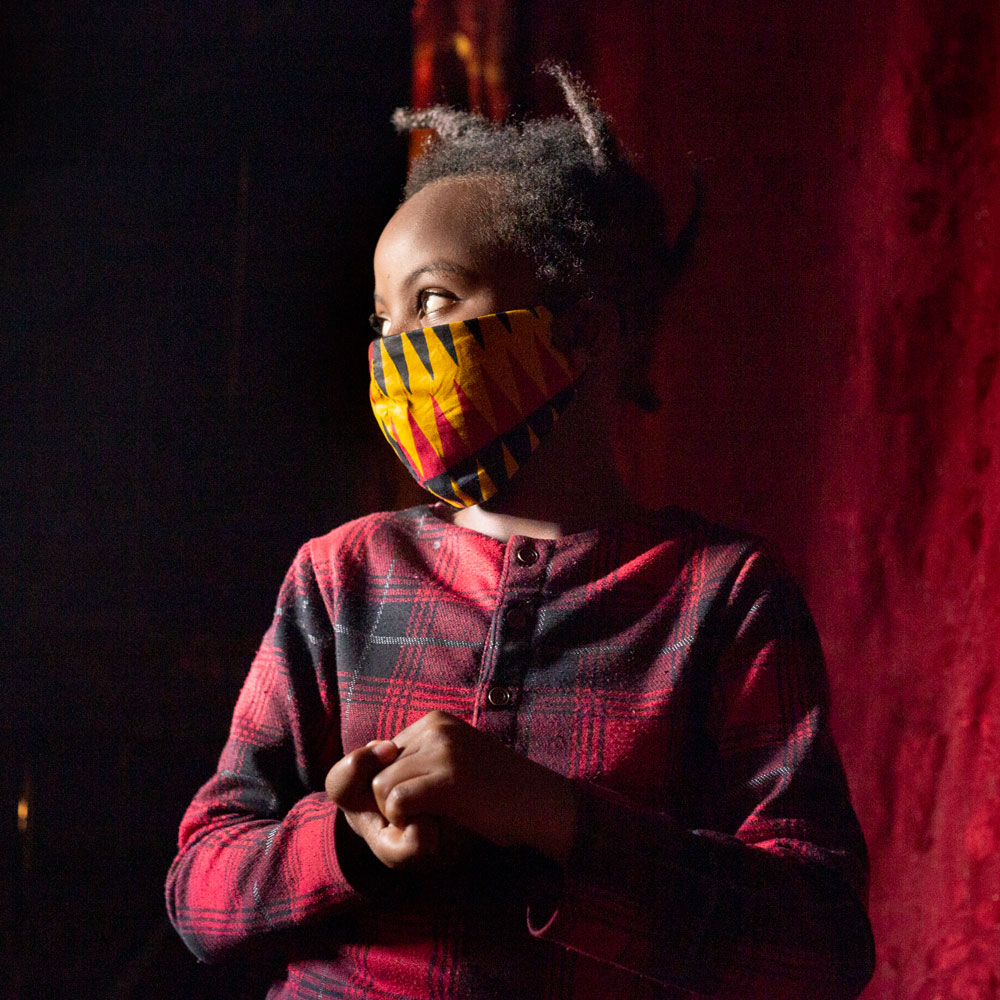How do communities respond to natural disasters?
For millions of children and families around the world, the threat of natural disasters is very much a part of life. They don’t know when they’ll strike, or the impact they will have, and the only way to live with this uncertainty is preparation.
A 2012 ChildFund survey of more than 6,200 children from across the globe revealed that children globally are deeply concerned about the risk of natural disasters. Not only do they pose a threat to human life, and to our homes and property, but they can result in long-term psychological damage to the communities impacted. There may also be long-term economic consequences, particularly in rural areas where crops and livestock are affected.
In this blog, we’ve outlined everything you need to know about natural disasters and how communities can respond in advance.
What is a natural disaster?
A natural disaster is defined as a naturally occurring phenomenon which is caused by either a rapid or slow onset of events. Natural disasters can be classified into five different types:
- Geophysical: earthquakes, landslides, tsunamis and volcanic activity
- Hydrological: floods and avalanches
- Climatological: drought, wildfires and extreme temperatures
- Meteorological: storms, wave surges and cyclones
- Biological: insect and animal plagues.
What happens during the aftermath of a natural disaster?
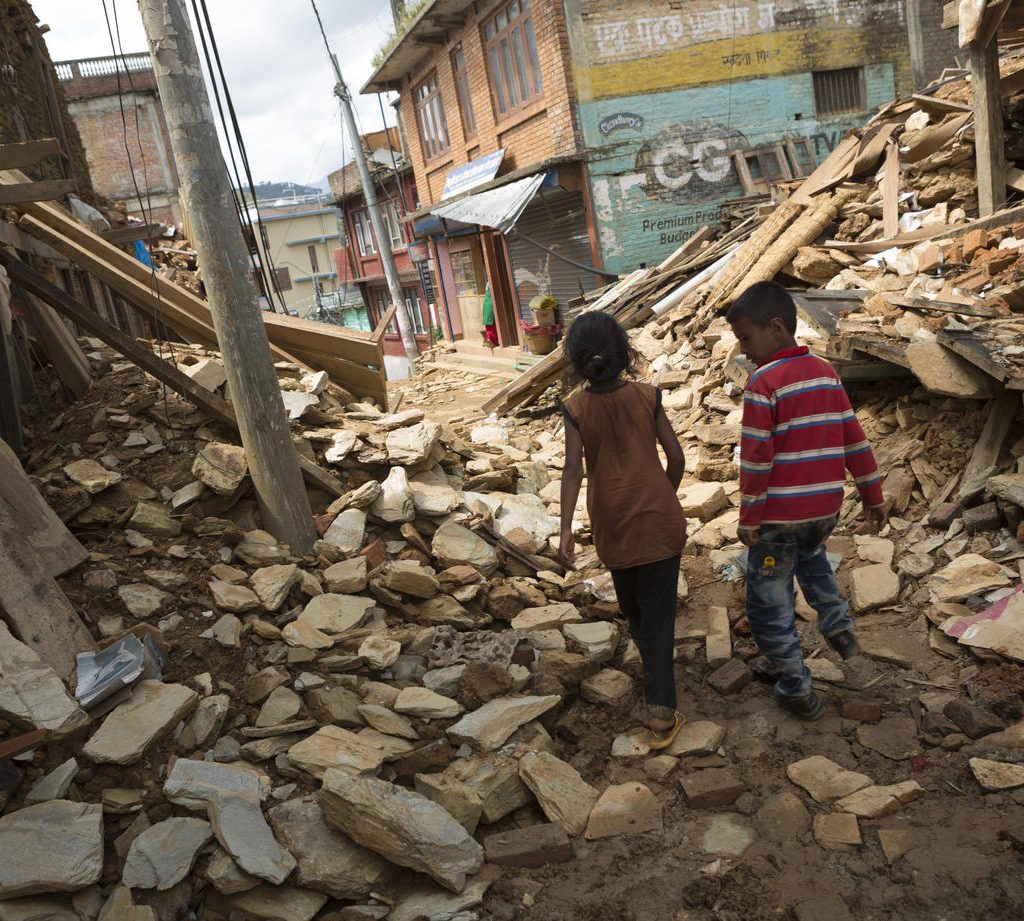
You’ll find a path of destruction and devastation left after a natural disaster passes through a community.
It can take weeks and months, sometimes years, for communities to recover and rebuild. The emotional toll that natural disasters have on children and families can impact a person’s way of life forever.
“Since that day, I’ve been like a person without a soul because of everything that I’ve lost,” Vee says. “I’ve lost my possessions, my house, and most importantly, my son and grandson.”
The 2018 floods ravaged Vee’s community in Laos, taking everything she held dear to her. Separated during the emergency, it was four days before she was reunited with her family at the Immigration Centre, set up to house the 6,000 displaced as a result of the flood.
Communities as first responders
A leading humanitarian information source on global crises and disease published a report examining the community impact of natural disasters. One key finding was that communities play the role of first responders within the first 72 hours, as this is usually the average time for external assistance to arrive. Emergency assistance can take even longer when trying to reach isolated and remote communities.
The report emphasises how critical it is for residents residing in disaster-prone regions to be ready to respond to the threat of natural disasters, and have a plan in place. In Australia, organisations like the Rural Fire Service have bushfire survival plans available to help people ensure they are properly equipped in advance of any emergency.
How can communities prepare for a natural disaster?
No two natural disasters are the same, however they all require the same level of advance preparation..
Here are several ways communities can be forewarned and forearmed.
Learn from the past
Whilst devastating, natural disasters offer an insight into how to better prevent and prepare for another emergency in the future. Reflecting upon what worked well and what needs addressing could offer invaluable intel for a community’s action plan. According to an article published by the New York Times, people respond more effectively in an emergency if the threat occurring has been addressed in the past.
Establish a community action plan
The aim of a community action plan is to ensure everyone in a local area is aware of potential disasters. The action plan should highlight the most common threats to the region, establish safe zones of evacuation, and provide guidance on what to include in survival and emergency kits. Clear communication channels should be outlined in the community action plan and be adhered to.
Pack an emergency kit
Having an emergency kit ready to go makes a world of difference to keep safe during and after a natural disaster. The most important things to have on hand after a natural disaster include clean drinking water, nonperishable food and a first aid kit.
Listen To experts
Whether it is news reports of dangerous weather approaching, or local officials advising evacuation, a key to surviving a natural disaster is to listen to the advice of experts and follow their recommendations.
What is the role of children in disaster risk reduction?
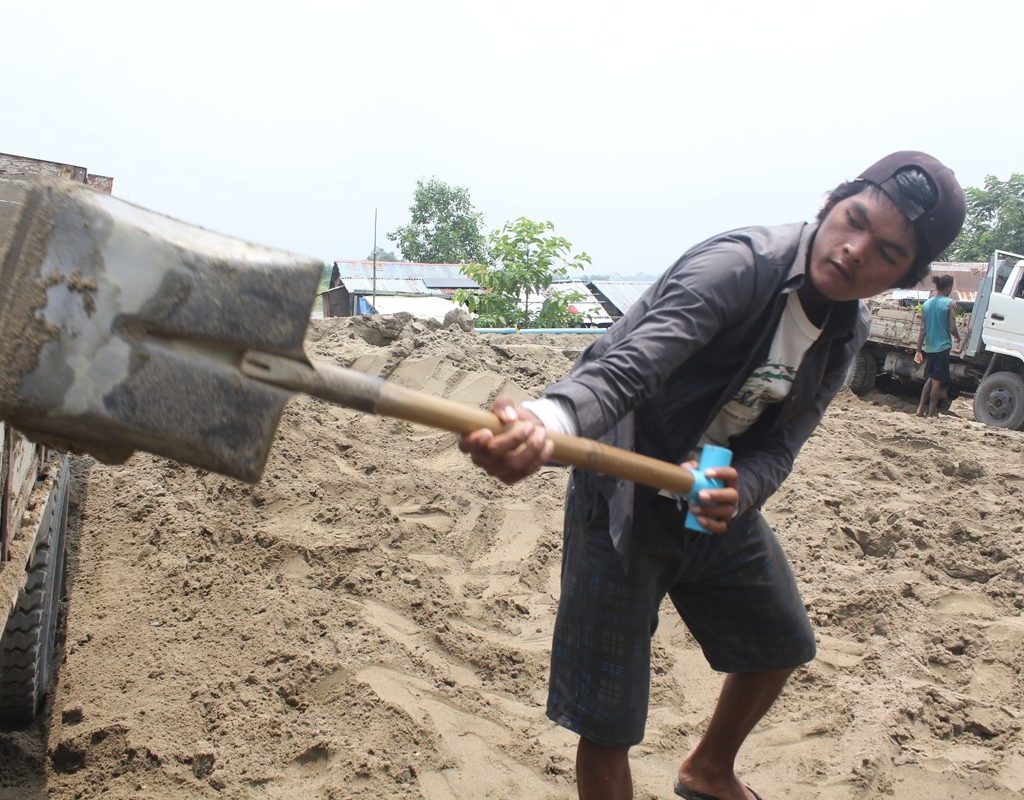
ChildFund has discovered that children often have different perceptions of what a hazard may be, compared to adults. It is essential that children have an opportunity to be actively involved in the community when it comes to community action planning.
Young people need to understand the risks of different hazards and the impact they could have not just on them individually, but to the community also. Life-saving programs, such as swimming lessons, are one way to equip children with skills needed in certain natural disasters.
ChildFund works in partnership with children, families and communities to prepare and respond to the risks posed by natural disasters in the countries where we work. The primary objective is to mitigate potential risks through the development of a community action plan. These are developed using participatory approaches, and are consistent with United Nations principles for disaster risk reduction and according to relevant guidelines in each country.
Anastasia lives on the Indonesian island of Flores and when she was 16-years-old, she felt it was important to increase children’s awareness of the hazards of natural disasters.
“I live in a very vulnerable area, where there are many hazards: earthquakes, tsunamis, floods, landslides, volcanic eruptions,” she told ChildFund. “Here, as in most other places, children are the most vulnerable group when these natural disasters take place. Children need to be educated to understand the hazards and respond to the risks.”
Anastasia, who has been sponsored through ChildFund since she was 8 years old, worked tirelessly as part of her disaster risk reduction (DRR) training. Over two years, she completed three DRR courses and basic first aid. These skills will enable her to be a vital asset in her community should a natural disaster occur.
When she’s not preparing for her final school exams, Anastasia spends her free time conducting capacity and vulnerability assessments to help youth develop action plans in preparation for natural disasters.
“My hope is that DRR training can start in early childhood development (ECD) centres so children receive the training they need and will know what to do and not panic when a crisis hits.”
How can you help after a natural disaster?
Unfortunately, despite all the advancements in technology, we don’t always know when a natural disaster may strike. But we do know that the key to survival is preparation and support.
Following a natural disaster in the countries where we work, ChildFund provides emergency assistance in a number of ways. This could include
- establishing Child Centred Spaces that provide children with a safe place to play, learn and receive trauma support after a disaster;
- setting up temporary learning shelters where children can continue their education when schools have been damaged or destroyed;
- distributing emergency kits, materials and food rations in the immediate aftermath of a humanitarian emergency; and
- supporting families to re-establish homes and livelihoods after a disaster.
Project Humanity is an emergency response initiative which funds disaster relief efforts in situations like the floods in Laos, or the Indonesian earthquake. By becoming a Project Humanity partner, you can help us be on the frontline of an emergency response to support affected communities during times of crisis.



